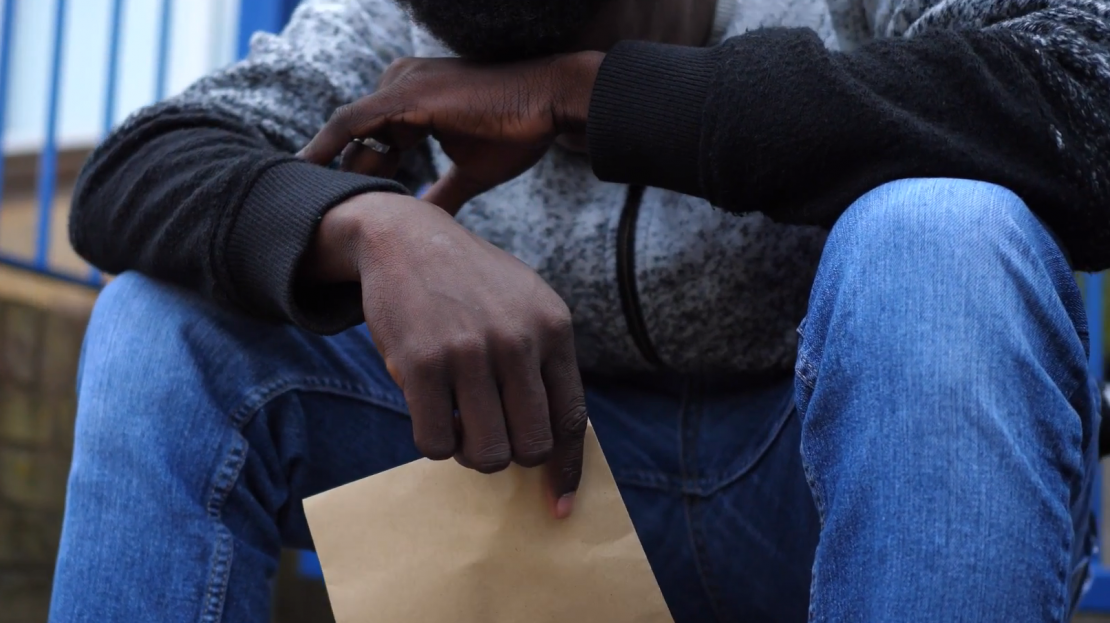
Nadine : Today I'm delighted to be able to tell you that I'm going to be joined by Lord Alf Dubs, a British Labour politician and former member of parliament. Lord Dubs sits in the House of Lords where he's a fierce and staunch advocate for the rights of refugees, in particular child refugees. Lord Dubs himself is a refugee. He arrived in the UK in 1939 on the Kindertransport with other Jewish children who were fleeing the Holocaust. Is there anything you know, now that you wish you'd known when you arrived to the UK?
Lord Alf Dubs: All in all, I was very lucky. I had some bad moments but I was very lucky. No, the only thing is I, held back on things because I felt that as a refugee who came here at age of six, maybe there was certain doors that wouldn't be open to me. And after persuasion by friends of mine, I was told just to go ahead, I'm talking about going into politics for example. I was a bit too conscious of as a refugee, what chance would I have? And I think that was wrong. I think it was better to go ahead and have a good go at things.
Nadine: What's your assessment of the current state of the UK's refugee system?
Lord Alf Dubs: I think, unfortunately, refugees, as in other parts of Europe have become a political football. We have to look at refugees as being human beings who happen by an accident of history to find themselves in war zones, who find themselves victims of persecution and indeed, in the future victims of climate change as well. And people will want to move for safety and to have better lives and I think we have to have decent policies both as regards to refugees, people who want safety and a decent life, as well as we have to look into the wider world that people will beon the move and we have to be accepting of them. And we have to make sure that people who get to this country are given a sense of welcome.
Nadine: Do you think you'd have been welcomed as a child refugee today?
Lord Alf Dubs: I think once I've got here, I might have been welcome. But I think getting here might have been quite a difficult process, I might have been stuck in Calais, unless I'd be willing to take a chance on the back of a lorry on a dinghy.
Nadine: What would you say to people who claim to be British, you have to be born here?
Lord Alf Dubs: All I say to people is, I think for all its faults I think this is a terrific country, I want to do everything I can to make it better for everybody, and I identify totally with Britain. And so I think the important thing is one's sense of identity. If one identifies as being British, one identifies with this country, one is well on the way to answering the question as to how one should move forward. But in the end, one can't undo the accident of one's birth. One does not choose one's parents, one doesn't choose one's place of birth. These are all accidents of history and it can happen to anybody. And I'd say to anybody who says to me, Well, you know, you're not British because they were born here and I wasn't, I say well you might have been born somewhere else as well. It's pure luck over which we have no control. My belief is, my identity is what it is. And that's why I can't be English, I'm British.
Nadine: Do you think people are forgetting the horrors of the Holocaust?
Lord Alf Dubs: I think human memories are short. It's very easy to forget, you see I'm old enough to A. know members of my family who died in Auschwitz and other people who either died in the camps or managed to survive them if they went into them at the end of the war. But it's too easy to forget if you were born long after these things cease to be contemporary news, it's too easy to forget. So I think we have to make sure that these horrible things are kept in people's memories. As are more recent horrible things that are happening in Rwanda and elsewhere. So we've got to see them as part of the same blight on humanity that happened with the Holocaust and terrible things that are happening to people in other parts of the world as well more recently. So I think it's very important.
Nadine: Well, thank you so much for joining us, Lord Dubs, and I think people are going to learn so much about what we've spoken about here today.
Lord Alf Dubs: Well, thank you very much. Thank you for your interest. And anything that publicises campaigning on behalf of child refugees is only for the good. So thank you for doing it and thank you for giving me the chance to say a few things and good luck to you.

